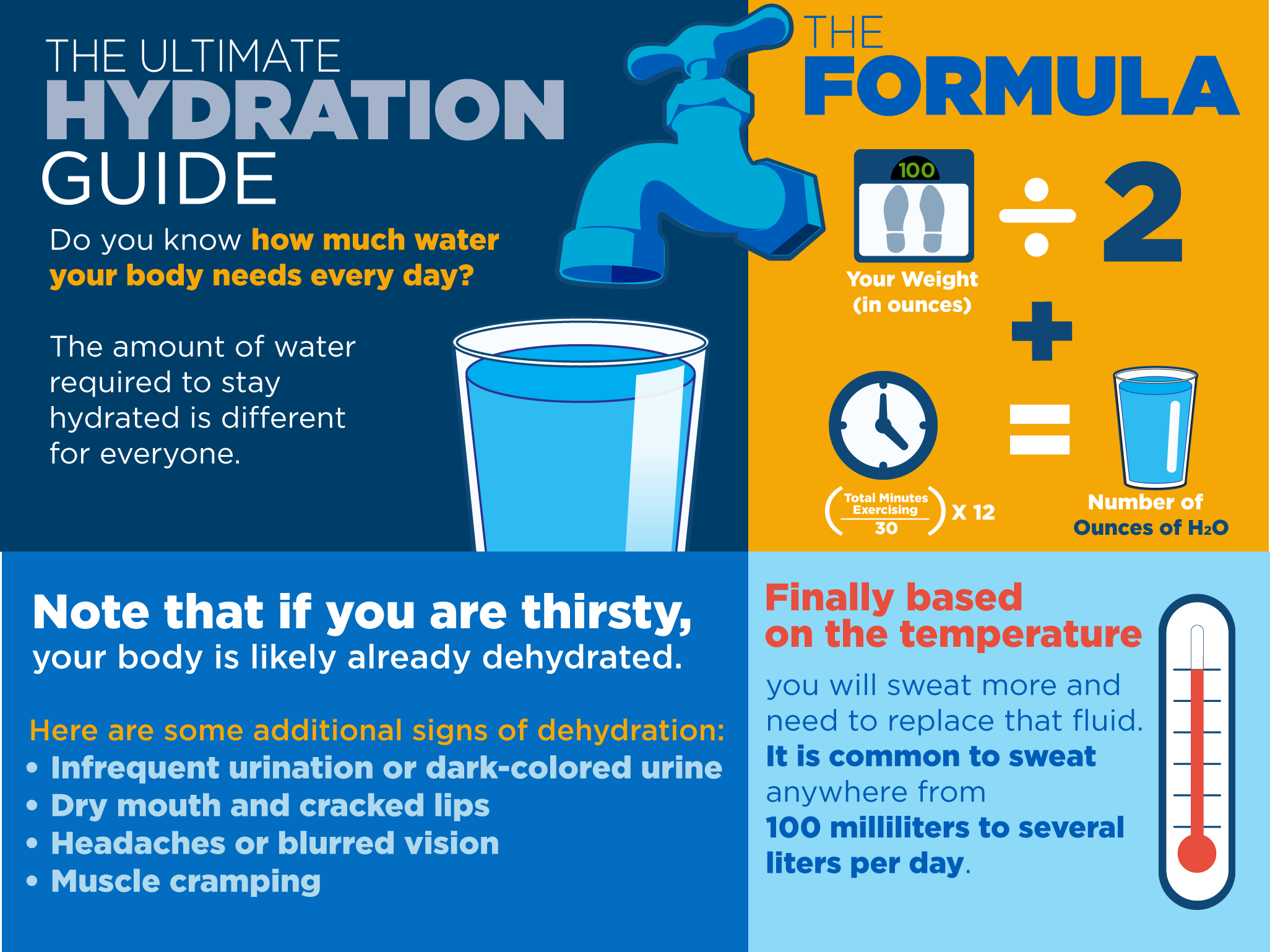Palm trees are a beautiful and popular addition to many landscapes. But did you know that they have specific hydration requirements? Without the right amount of water, palm trees can quickly become unhealthy and even die.
The Importance of Hydration for Palm Trees
Palm trees need water to survive, just like any other plant. Water helps them to photosynthesize, transport nutrients, and regulate their temperature. Without enough water, palm trees will become stressed and may start to show signs of decline, such as yellowing leaves, wilting, and stunted growth.
How Much Water Do Palm Trees Need?
The amount of water that a palm tree needs will vary depending on a number of factors, including its size, age, and the climate in which it is growing. As a general rule of thumb, most palm trees will need to be watered about once a week during the summer and every two to three weeks during the winter.

Tranquil Sunset Beach HD Wallpaper – Source wall.alphacoders.com
The Hydration Requirements of Palm Trees
The hydration requirements of palm trees vary depending on the species, size, age, and climate. Generally, palm trees need regular watering, especially during the hot summer months. The amount of water needed will also vary depending on the soil type and drainage.
Young palm trees will need more frequent watering than mature trees, as their root systems are not yet fully developed. Palm trees in sandy or well-drained soils will also need more frequent watering than those in heavier or clay-rich soils.

Hydration Infographic – Source mavink.com
The History and Myth of Palm Trees
Palm trees have a long and storied history. They have been used for centuries in a variety of ways, including food, shelter, and medicine. Palm trees are also often associated with religious and cultural symbolism.
In ancient Egypt, palm trees were considered to be sacred and were often used in religious ceremonies. The ancient Greeks and Romans also believed that palm trees had magical powers. In Christianity, palm trees are often used to symbolize victory and peace.

Hydration requirements – Source www.fuelthecore.com
The Hidden Secrets of Palm Trees
Palm trees are not only beautiful, but they are also fascinating creatures. Did you know that palm trees can actually talk to each other? They do this through a process called chemical signaling. Palm trees release chemicals into the air that can be detected by other palm trees. These chemicals can convey information about the tree’s health, its need for water, and even its reproductive status.
Palm trees are also very resilient trees. They can survive in a variety of climates, including deserts, rainforests, and even hurricanes. Palm trees have also been known to live for hundreds of years.

Palm Trees Sunset Gradient Background Wallpaper Image For Free Download – Source pngtree.com
Recommendations for Watering Palm Trees
To ensure that your palm trees are getting the hydration they need, follow these recommendations:
- Water your palm trees deeply and regularly, especially during the summer months.
- Use a soaker hose or drip irrigation system to deliver water directly to the roots.
- Avoid overwatering your palm trees, as this can lead to root rot.
- Mulch around your palm trees to help retain moisture and suppress weeds.
The Benefits of Watering Palm Trees
Watering your palm trees regularly will provide them with a number of benefits, including:
- Improved health and vigor
- Increased resistance to pests and diseases
- Longer lifespan

Small Palm Tree Silhouette PNG Images, Palm Tree Silhouette, Silhouette – Source pngtree.com
Tips for Watering Palm Trees
Here are some tips for watering palm trees:
- Water your palm trees in the morning or evening, when the sun is not as strong.
- Use a soaker hose or drip irrigation system to deliver water directly to the roots.
- Avoid overwatering your palm trees, as this can lead to root rot.
- Mulch around your palm trees to help retain moisture and suppress weeds.
The Importance of Watering Palm Trees
Watering palm trees is essential for their health and survival. Palm trees need water to photosynthesize, transport nutrients, and regulate their temperature. Without enough water, palm trees will become stressed and may start to show signs of decline, such as yellowing leaves, wilting, and stunted growth.

10 – #sixteenwomen say hormones and hydration | – Breaking Latest News – Source www.breakinglatest.news
Fun Facts about Palm Trees
Here are some fun facts about palm trees:
- Palm trees are not actually trees, but rather a type of perennial grass.
- The world’s tallest palm tree is the wax palm, which can grow up to 200 feet tall.
- Palm trees can live for hundreds of years.
- Palm trees are used in a variety of products, including food, shelter, and medicine.
How to Water Palm Trees
To water palm trees, follow these steps:
- Water your palm trees deeply and regularly, especially during the summer months.
- Use a soaker hose or drip irrigation system to deliver water directly to the roots.
- Avoid overwatering your palm trees, as this can lead to root rot.
- Mulch around your palm trees to help retain moisture and suppress weeds.

MG Signature by Mad Gab’s Organic and Natural Coconut Lime Body Balm – Source www.pinterest.ca
What if You Overwater Palm Trees
If you overwater your palm trees, they may develop root rot. Root rot is a fungal disease that can kill palm trees. Symptoms of root rot include yellowing leaves, wilting, and stunted growth.
If you think your palm tree may have root rot, contact a certified arborist for diagnosis and treatment.
Listicle: The Hydration Requirements of Palm Trees
Here is a listicle of the hydration requirements of palm trees:
- Water your palm trees deeply and regularly, especially during the summer months.
- Use a soaker hose or drip irrigation system to deliver water directly to the roots.
- Avoid overwatering your palm trees, as this can lead to root rot.
- Mulch around your palm trees to help retain moisture and suppress weeds.
- Monitor your palm trees for signs of dehydration, such as yellowing leaves, wilting, and stunted growth.
![Prime Hydration Meta Moon 500ml [12 Tray] – Snackje B2B Prime Hydration Meta Moon 500ml [12 Tray] – Snackje B2B](https://b2b.snack.je/wp-content/uploads/2023/08/Prime-Hydration-Meta-Moon-500ml.png)
Prime Hydration Meta Moon 500ml [12 Tray] – Snackje B2B – Source b2b.snack.je
Questions and Answers about Palm Trees
Here are some common questions and answers about palm trees:
- How often should I water my palm tree?
- What are the signs of an overwatered palm tree?
- What should I do if my palm tree is overwatered?
- How can I prevent my palm tree from getting dehydrated?
You should water your palm tree deeply and regularly, especially during the summer months. The frequency of watering will vary depending on the climate and soil conditions.
The signs of an overwatered palm tree include yellowing leaves, wilting, and stunted growth. You may also see signs of root rot, such as soft, mushy roots.
If your palm tree is overwatered, you should stop watering it immediately. You may also need to repot the palm tree in fresh, well-drained soil.
To prevent your palm tree from getting dehydrated, you should water it regularly, especially during the summer months. You should also mulch around the palm tree to help retain moisture.
Conclusion of The Hydration Requirements of Palm Trees
Palm trees are a beautiful and popular addition to many landscapes. But did you know that they have specific hydration requirements? Without the right amount of water, palm trees can quickly become unhealthy and even die. By following the tips in this article, you can help ensure that your palm trees are getting the hydration they need to stay healthy and beautiful for many years to come.



